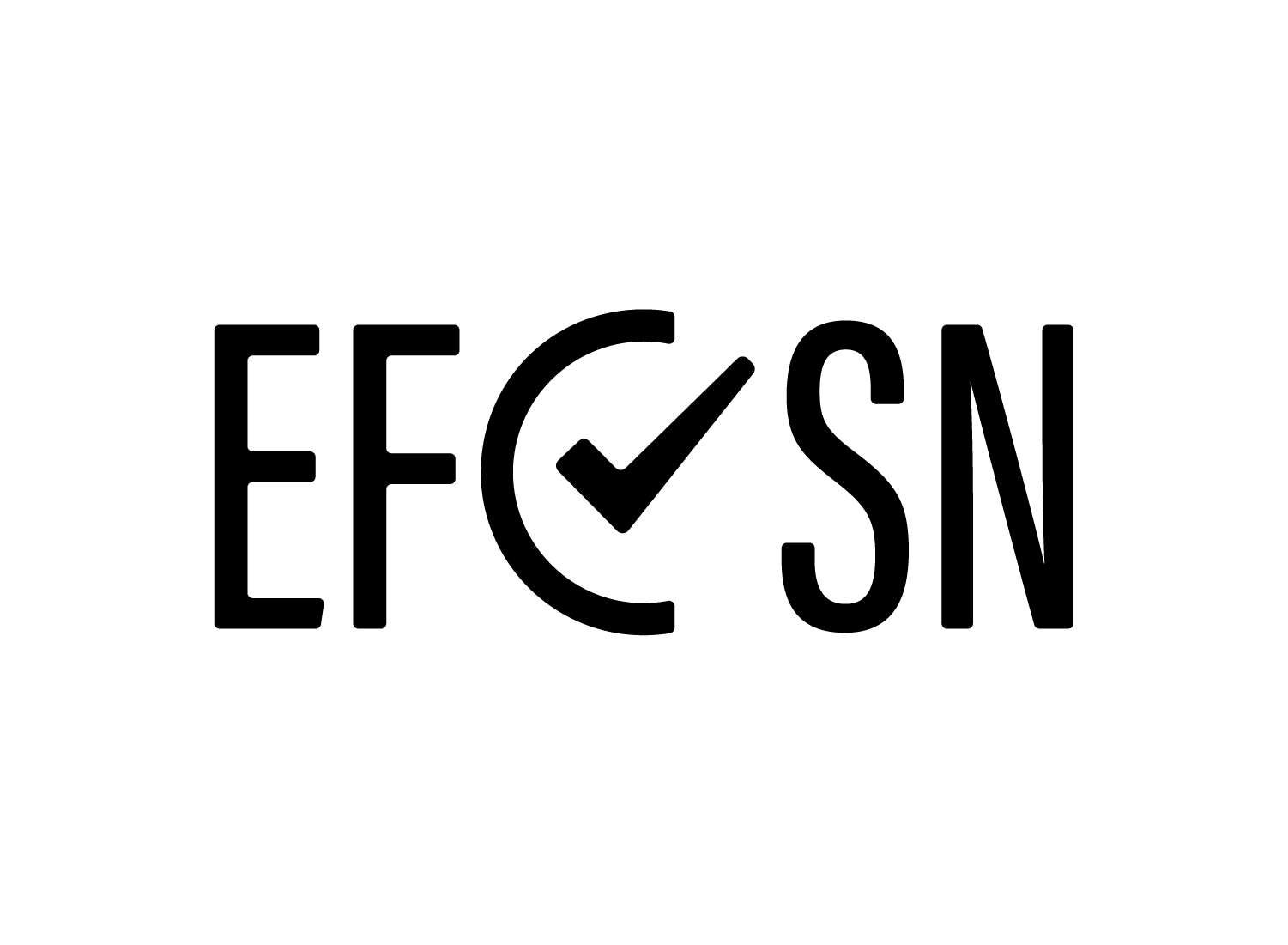
Report March 2025
Submitted
In the past reporting period, the integrity of digital information spaces in Europe has come under pressure. Political shifts outside of the EU and increased foreign interference have emboldened domestic disinformers. At the same time, large digital platforms appear to be disengaging from the fight against misinformation and disinformation. In light of these developments, the work of the EFCSN and its member organizations is more important than ever.
With regard to the Code of Practice, the EFCSN’s work was focused on the conversion of the Code of Practice on Disinformation into a Code of Conduct under the DSA, which was finalized in February 2025. This transition marks a pivotal step toward a safer information space, reinforcing the European Union's commitment to combating disinformation.
Fact-checking is an essential part of reducing the harms of misinformation, which Executive Vice-President Henna Virkkunen highlighted in her opinion on the Code conversion. “Independent, impartial fact-checking can significantly contribute to identifying and addressing risks linked with the dissemination of disinformation, negative effects on civic discourse, and electoral integrity while fully respecting freedom of expression.”
In particular, the EFCSN emphasizes the importance of fact-checking by professional, independent fact-checkers, as the European Board for Digital Services similarly affirmed in its comments on the conversion. “As regards fact-checking, the Board notes that, as set out further above, it considers it an effective instrument to address disinformation and encourages VLOPs and VLOSEs signatories to apply a multi-layered approach by including such third-party input and not only rely on automatic detection, recommender systems or user reporting tools.”
The conversion of the Code brings legal strength to the initiative by serving as a significant and meaningful benchmark of DSA compliance for VLOPSEs.
However, this achievement is tempered by concerns regarding the diminished commitments from key platform signatories. Notably, major platform services such as Google Search, YouTube, and LinkedIn have withdrawn entirely from the fact-checking chapter of the Code, thereby reducing their engagement with fact-checkers and limiting users' access to verified information.
These developments underscore the critical need for robust enforcement of the DSA and sustained collaboration among all stakeholders to ensure the effectiveness of measures designed to protect the European information ecosystem.
About the EFCSN
The European Fact-Checking Standards Network (EFCSN) has continued its growth to be a consolidated representative of the independent fact-checking organisations operating in Europe. In comparison to the previous report, the EFCSN has added ten more members to its network. Therefore, the EFCSN is currently formed by 60 organisations, 40 of which are based in EU member states and 20 in EU neighbouring countries. Together, the EFCSN member organisations cover most official languages in the EU.
Each one of them has committed to the highest ethical, methodological and transparency standards as outlined in the European Code of Standards for Independent Fact-Checking Organisations, and has agreed to be evaluated for compliance by two independent assessors and the EFCSN Governance Body. The commitment of verified members with independent and quality fact-checking activities as well as the belief that promoting standards and collaboration is key in the fight against disinformation.
Collaboration is not only promoted among verified members of the EFCSN but with other Signatories of the Code of Practice on Disinformation. The Empowerment of Fact-Checkers Sub group within the permanent task-force, chaired by the EFCSN, is one of the meeting points where we are in contact with other organisations and exchange relevant insights, including with representatives of VLOPs and VLOSEs. In addition, we evaluate reports submitted by major online services and make suggestions on actions under commitments on fact-checking that we hope lead to future improvements. Additionally, the EFCSN advocates for the integrity of information spaces and holds influential actors to account.
As the EFCSN submitted its last transparency report in September 2024, covering the reporting period January 1 to June 30, 2024, this report covers the period from July 1 to December 31, 2024. The previous edition also contains detailed information about our activities to ensure the integrity of the European Elections 2024. Thus, we do not report on our response during an election in this edition.